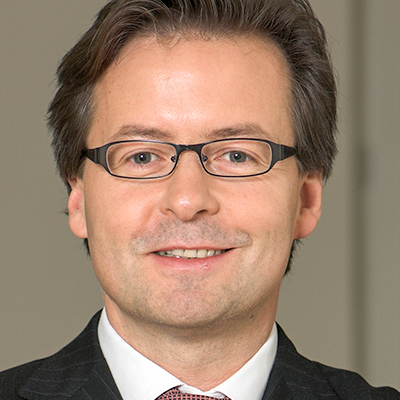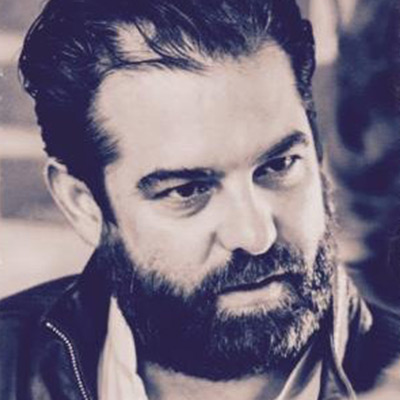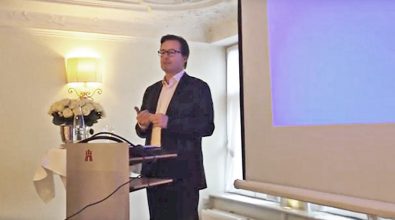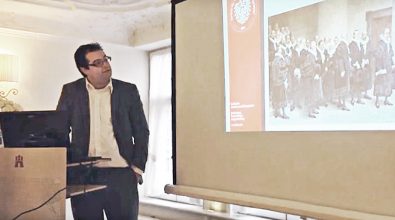The question of whether the free market or state regulation caused the crisis requires an honest answer: What share do the welfare state and its structures have in the crisis? Is state welfare necessary? Is it desirable? Or does the restoration of individual freedom and the extension of self-responsibility make for better chances? What does a new economic model that is really aimed at sustainability look like?
Manfred Kastner is Chairman of the Management Board of C.A.T. Oil AG, a leading oil and gas service company in Russia, listed on the Frankfurt Stock Exchange.
Kastner completed his studies at the University of Economics in Vienna, with a focus on capital markets, economics and languages. He is the Founder and President of the Board of the Vision Microfinance Fund, a fund with more than 100 million EUR microcredits worldwide.
Kastner is a founding partner of numerous companies, primarily Internet ventures.

The principle of “one man, one word” was one of the universally accepted ideals of commercial commerce. The handshake between merchants was a symbol. The honorable merchant stood by his word, negotiated fair, was punctual, and calculated correctly. And before this principle, the self-administration of the Hamburg merchants’ republic was practiced from the time of the Hanseatic League to the end of the German Confederation – a future-oriented Hamburg success model.
Since 2001 Steffen Krug has worked as a financial adviser and as an independent financial broker, and since 2009, he has been Founder and Director of the Institute for Austrian Asset Management.
Krug completed his studies of economics at the University of Heidelberg, ESC Reims in France and at the European University Viadrina in Frankfurt / Oder. He completed his thesis under, and was research assistant to Professor Jan Winiecki, representative of the Austrian School of Economics and a member of the Mont Pelerin Society. In 1999-2000 he was a trainee at the der Vereins- und Westbank in Hamburg, and in 2000-2001 was paper specialist there.




The question of whether the free market or state regulation caused the crisis requires an honest answer: What share do the welfare state and its structures have in the crisis? Is state welfare necessary? Is it desirable? Or does the restoration of individual freedom and the extension of self-responsibility make for better chances? What does a new economic model that is really aimed at sustainability look like?

The principle of "one man, one word" was one of the universally accepted ideals of commercial commerce. The handshake between merchants was a symbol. The honorable merchant stood by his word, negotiated fair, was punctual, and calculated correctly. And before this principle, the self-administration of the Hamburg merchants' republic was practiced from the time of the Hanseatic League to the end of the German Confederation - a future-oriented Hamburg success model.